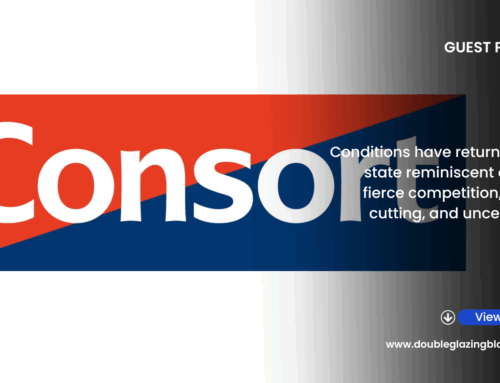This is an issue that I think we all need to be paying a bit more attention to. Especially in the coming months. It’s been impossible to avoid the news about falling oil and fuel prices. This will be welcome news to everyone as everyday goods start to fall in price, and the cost to fill your tank comes down as well.
But I think we all remember quite well all those price increases from higher up the chain that were blamed on rising fuel costs. Energy surcharges, fuel surcharges, many other kinds of surcharges. They were all implemented to cover the cost of quickly rising fuel costs, which were having a direct impact on the bottom lines of many businesses. However, things have changed.
A charge that can go up and down
To me, any charge that is implemented due to external reasons that are out of our own control, can go up and down. Very much like fuel that goes up and down when the oil price does, energy surcharges that are implemented to cover costs while fuel is high, should also in turn reduce when fuel costs ease. It would be unreasonable to maintain charges originally implemented to cover the rising cost of fuel.
If we’re going to start blaming price rises on rising fuel costs, to be balanced and fair we have to be bold enough as an industry to reduce them for the very same reasons. As an industry we have to become more agile when raw material prices and fuel costs fluctuate. We’re old fashioned I think when it comes to pricing. A more fluid approach, with regularly updated prices that reflect current market conditions I believe will make out own system more accurate, more transparent and help create a more trusting relationship between not only ourselves, but also with the general public.
Prices in general
Energy surcharges are a part of pricing that can and should be altered as and when is necessary. However a more complicated area is purchasing contracts. For example, a fabricator will buy a certain amount from a systems company at a price agreed over a certain amount of time, say two years or so. In that contract, a price is agreed according to the costs involved at the time. This can be good or bad for both fabricator and systems company alike. However, because quantity contracts are signed, very little can be done about the prices that are agreed upon.
What I would hope however is that when these contracts are up for renewal, the prices agreed upon reflect the changed economical circumstances. Oil, the raw material used in PVC production is well down. Fuel is down considerably. In theory, and it is only theory bear in mind, prices should come down.
Don’t be scared
I also don’t think we as an industry should be scared about being more fluid with our prices. Remember the customer is now used to more responsive pricing when it comes to things like food, clothes, fuel, transport etc. They are used to the marketing regulating their prices according to external conditions. We should also do the same.
Energy surcharges that are used to cover fuel costs should go up and down according to pump prices. When it lowers, so does the surcharge. When it rises, it rises in kind. I don’t think anyone would argue against that. No one wants to see another business suffer. Purchasing contracts should also be more responsive. Perhaps shorten the terms, this could then allow more responsive pricing from systems companies to fabricators, which could then be reflected at installer level to the homeowner.
At the very least, all charges implemented due to fuel costs need to be lowered or eradicated. It looks like fuel is set to be low for quite a while. To continue paying this extra cost when it doesn’t need to be applied any more would be unfair on installation companies. It wouldn’t help our industry in front of the consumer to look more responsive when it comes to pricing too. So many other areas of our economy, including high ticket items like cars, are price responsive, so why not us too?







correct me if im wrong but didnt the main glass suppliers stop the surcharge a few months ago? Sealed unit lines should be passing this on?
In reply to Jamie, the main glass suppliers did remove the energy surcharge on 1st November but put this price up by the same amount as a metre rate. 23p per Kile ES = £2.30 per square metre on 4mm Glass etc.Sealed unit companyies prices are correct, due to software issues and ES make come back it is a lot easier to still show as ES on paperwork. In reply to DGB PVCu systems will not reduce price when renewing contract I have tried. Best on offer is a small rebate on any increase in turnover . Aluminium suppliers are… Read more »
to be fair the whole thing with ESC was a bit of a joke, most suppliers would – with negotation do everything at half ESC, and if you brought a full load of glass it was a flat fee of for a float liner of glass – so bigger companies made profit out of ESC. Ive not been given a price increase to reflect the loss of ESC and similarly my prices reflect that im getting my glass cheaper which i have passed on whilst im only a small unit line making around 1500 units per week, i assume these… Read more »